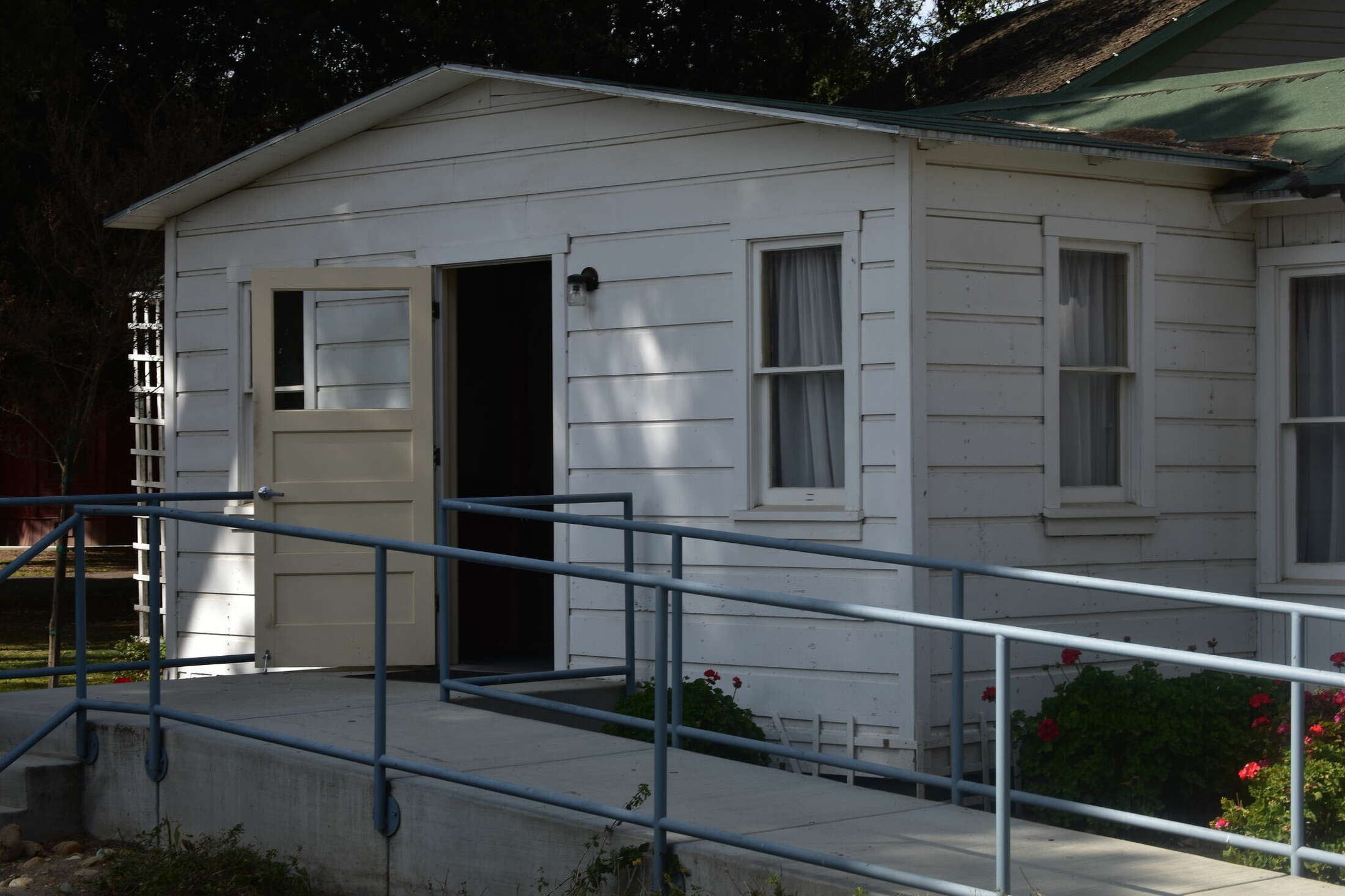Remembering Merle Haggard in Bakersfield
At the Kern County Museum, workers are preparing a Bakersfield sound exhibit, slated for an early summer opening. It’s being set up in a small flat-faced frontier building just about 200 yards from the museum’s clock tower entrance.
There’s excitement in the air as the exhibit will resemble the interior of Trout’s nightclub, another Oildale honky-tonk Haggard frequented that currently sits empty after the owner left town “under mysterious circumstances” in 2017. The Bakersfield sound exhibit will feature some Trout’s memorabilia, including a “recreation” of the bar, museum historian Rachel Hads told me during my visit.
“This is about the whole Bakersfield sound,” she said, “So there’ll be Buck [Owens] memorabilia, too, along with Lefty and several others. But Buck’s got the Crystal Palace, which is a sort of museum of itself. From what we’re hearing and what we know, people will come here primarily for Merle.”
How does she know? One of the museum’s most popular exhibits is the boxcar home that Haggard’s father bought and refurbished and turned it into the family dwelling where Merle himself was born.
“He had 38 No. 1’s,” Hads continued. “So this is a kind of, I guess, [a] pilgrimage people make. The home Flossie made for them was simple, but it was always clean; she had nice things. I think in spite of all the stories about Merle, he had a loving mother and a small, quiet home. People connect with that here.”

The house is tiny. To walk in it and stretch your arms and legs out means you can touch the kitchen, the bedroom, and the front sitting area all at the same time. A couple from Dayton, Ohio, were standing outside taking pictures when I was there.
Though they didn’t want to be named, they said Haggard led them to Bakersfield. “It’s a nice town, with nice people,” the wife said. “Merle’s part of the fabric. I’m a fan. Always will be. And I’d rather come here than someplace that’s been recreated to look like something it’s not. No, this is the real deal.”
“His lyrics, they last,” Warnock, the museum docent, told me. “History shows us the same problems keep coming about and he was there to write about it. Isn’t that some kind of legacy?”